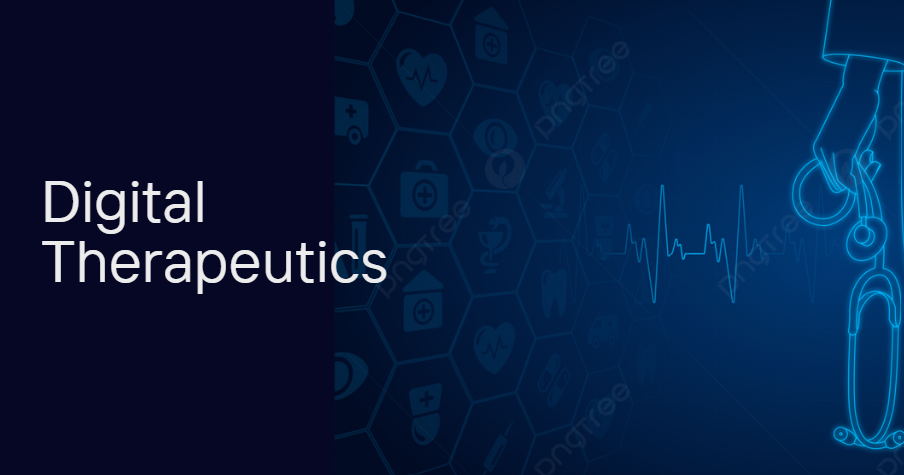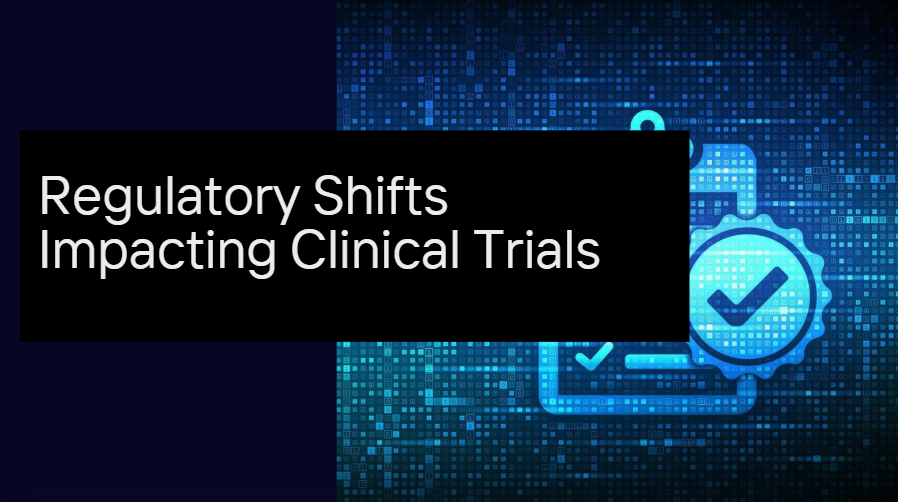In a world increasingly shaped by technology, Digital Therapeutics (DTx) are revolutionizing the mental health landscape. Offering innovative, evidence-based interventions via software applications, DTx are proving to be a powerful addition — and sometimes an alternative — to traditional mental health treatments like therapy and medication.
As mental health challenges surge globally, and access to traditional care remains limited for many, digital therapeutics represent not just a technological shift but a crucial step toward more accessible, personalized, and scalable mental health care.
What Are Digital Therapeutics?
Digital Therapeutics are a subset of digital health tools that deliver medical interventions directly to patients through software, often via smartphones or web platforms. Unlike general wellness apps, DTx solutions are clinically validated and often undergo regulatory approval (e.g., FDA or CE marking).
In mental health, these interventions can address conditions like:
Depression
Anxiety
PTSD
Substance abuse disorders
Insomnia
ADHD
By combining behavioral science with technology, DTx offers structured programs that guide patients through therapeutic exercises, mindfulness training, cognitive-behavioral therapy (CBT), and more — sometimes independently, sometimes alongside professional care.
Why Mental Health Needs Digital Innovation
Several factors make mental health particularly suited for digital disruption:
High Global Demand: Mental health conditions affect around one in four people globally at some point. The need far exceeds available mental health professionals.
Access Challenges: Rural areas, low-income populations, and stigmatized groups often struggle to access traditional care.
Cost and Scalability: Traditional therapy and psychiatric care can be expensive and resource-intensive, limiting scalability.
Personalization: Digital platforms can use data to personalize interventions, increasing engagement and outcomes.
The COVID-19 pandemic accelerated the need for digital mental health services. Many users, once skeptical, have become comfortable accessing care digitally — a behavioral shift likely to endure.
How Digital Therapeutics Work in Mental Health
Digital therapeutics in mental health often mimic or complement traditional therapy processes through:
Interactive Modules: Users complete cognitive-behavioral therapy (CBT) exercises, mood tracking, journaling, or exposure therapies.
Real-Time Feedback: Apps can adapt based on user input, offering tailored content and suggestions.
Data Analytics: Progress tracking and predictive analytics help in adjusting therapy approaches dynamically.
Therapist Support (Hybrid Models): Some DTx tools offer live or asynchronous therapist support, combining the best of tech and human care.
Notable features include gamification to boost engagement, AI-driven chatbots for basic emotional support, and integration with wearable devices to monitor physiological markers like sleep and heart rate.
Examples of Leading DTx Solutions in Mental Health
Several companies and products are pioneering digital therapeutics in the mental health space:
reSET-O by Pear Therapeutics: FDA-approved for substance use disorder, using digital CBT modules.
Woebot Health: An AI-driven mental health chatbot offering cognitive-behavioral interventions.
Big Health’s Sleepio: A digital sleep improvement program targeting insomnia through behavioral therapy.
Akili Interactive’s EndeavorRx: A digital treatment for ADHD delivered through an engaging video game format.
Each of these platforms exemplifies a broader shift: moving from passive wellness tracking to active, evidence-based treatment.
Benefits of Digital Therapeutics for Mental Health
Digital therapeutics offer distinct advantages that position them as a new frontier in mental health:
Accessibility and Convenience: 24/7 access without geographic or scheduling barriers.
Personalized Interventions: Data-driven customization improves engagement and adherence.
Lower Costs: Often far more affordable than in-person therapy.
Reduced Stigma: Users can seek help privately, minimizing fear of judgment.
Scalable Impact: Can reach thousands or millions simultaneously without stretching resources thin.
For many people, DTx can serve as a first step toward recovery or a complement to traditional therapy and medication.
Challenges and Limitations
Despite their promise, digital therapeutics in mental health face significant challenges:
Regulatory Hurdles: Approval processes can be slow, and standards vary across regions.
Data Privacy and Security: Sensitive mental health data requires robust protection against breaches.
Engagement Drop-Off: Without human touchpoints, some users lose motivation over time.
Equity Gaps: Those without access to smartphones, internet, or tech literacy can be left behind.
Moreover, digital therapeutics are not a full substitute for complex cases that require deep, ongoing human intervention.
Investment Trends in Digital Therapeutics
The digital therapeutics market is booming, with mental health DTx solutions among the fastest-growing segments. According to industry analysts:
Global DTx market size is projected to reach $14 billion by 2027.
Mental health-focused startups are attracting record venture capital funding, particularly in the U.S. and Europe.
Pharma companies and health insurers are increasingly partnering with DTx firms to expand their therapeutic offerings.
Investors are particularly interested in:
Platforms with proven clinical outcomes.
Companies targeting underserved conditions like PTSD and substance abuse.
Hybrid models blending DTx with telehealth services.
M&A activity is also heating up, with large healthcare and tech players acquiring DTx innovators to diversify their portfolios.
The Future of Digital Therapeutics in Mental Health
Looking ahead, digital therapeutics in mental health will likely become:
More Personalized: Use of AI and machine learning to fine-tune interventions.
More Integrated: Seamless incorporation into broader healthcare systems and electronic medical records (EMRs).
More Regulated: Tighter standards to validate clinical claims and ensure patient safety.
More Human-Centric: Hybrid models that combine digital programs with live therapist access.
Ultimately, DTx is not about replacing human therapists — it’s about amplifying and extending care in ways that were previously unimaginable.
As adoption grows and technology evolves, digital therapeutics could help redefine what accessible, effective, and equitable mental health care looks like for the next generation.



